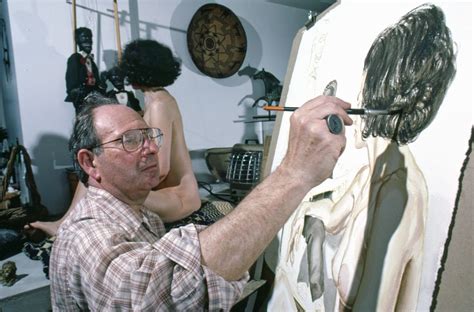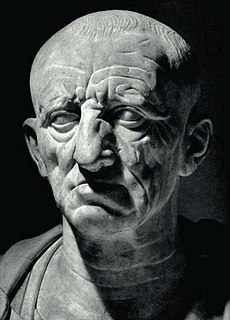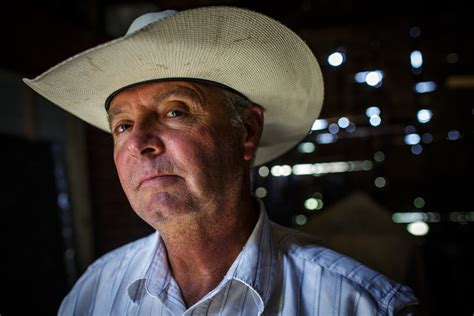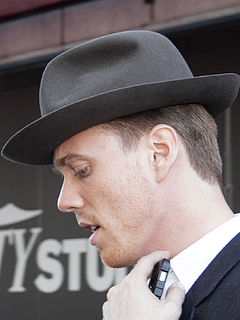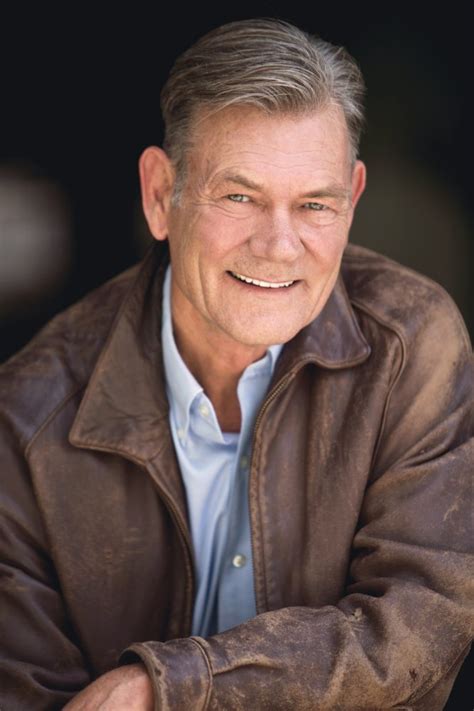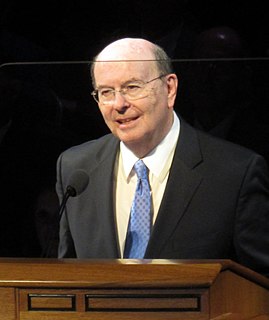A Quote by Philip Pearlstein
Related Quotes
Do each day all that can be done that day. You don't need to overwork or to rush blindly into your work trying to do the greatest possible number of things in the shortest possible time. Don't try to do tomorrow's or next week's work today. It's not the number of things you do, but the quality, the efficiency of each separate action that count. To achieve this "habit of success," you need only to focus on the most important tasks and succeed in each small task of each day.
When you have arrived at your country house and have saluted your household, you should make the rounds of the farm the same day, if possible; if not, then certainly the next day. When you have observed how the field work has progressed, what things have been done, and what remains undone, you should summon your overseer the next day, and should call for a report of what work has been done in good season and why it has not been possible to complete the rest, and what wine and corn and other crops have been gathered.
Poetry is basically built out of what I think of as being a fairly political act at its core: "I'm not going to listen to how you described things. I'm going to look at them much more intensely and carefully than most people do, and certainly more intensely than our culture wants us to." The mission of the poem, of course, is to try to find the way to do that in the smallest amount of space possible.
There are all kinds of ways in which women, together, change the world. And I don't mean that in a cheesy way. I'm not somebody who believes all women should support each other. I believe very strongly in women critiquing each other, just not critiquing each other more intensely because they're women.
The poet or the revolutionary is there to articulate the necessity, but until the people themselves apprehend it, nothing can happen ... Perhaps it can't be done without the poet, but it certainly can't be done without the people. The poet and the people get on generally very badly, and yet they need each other. The poet knows it sooner than the people do. The people usually know it after the poet is dead; but that's all right. The point is to get your work done, and your work is to change the world.
